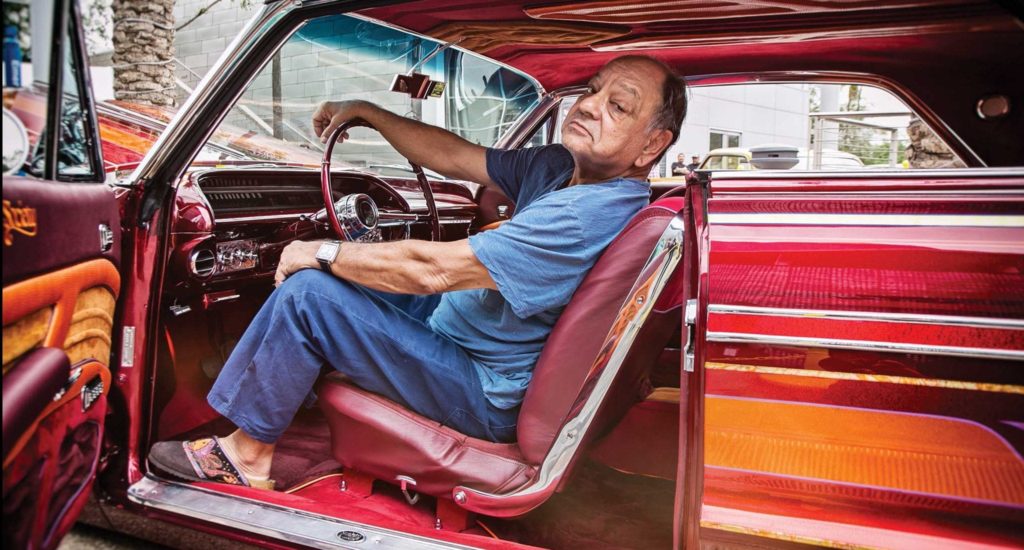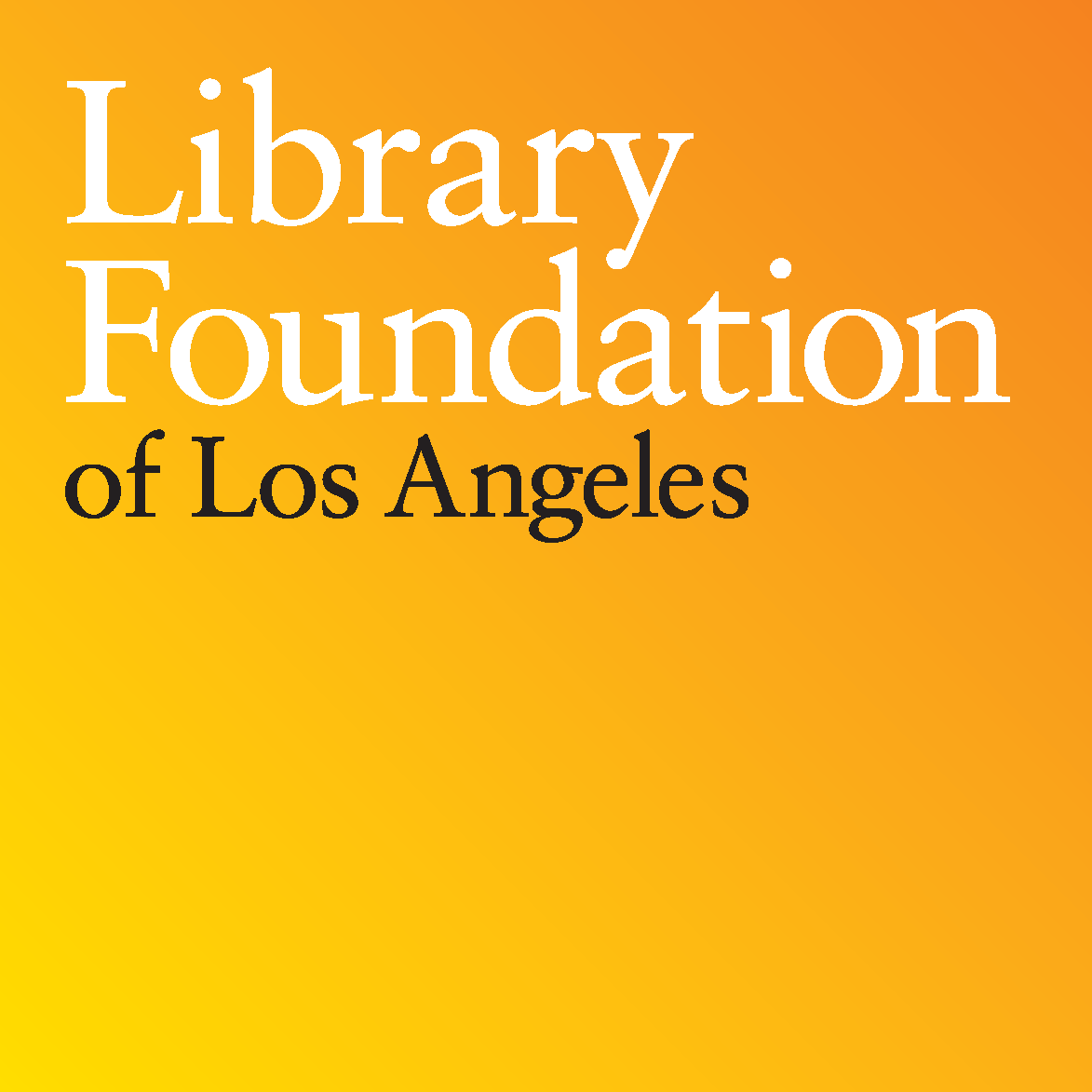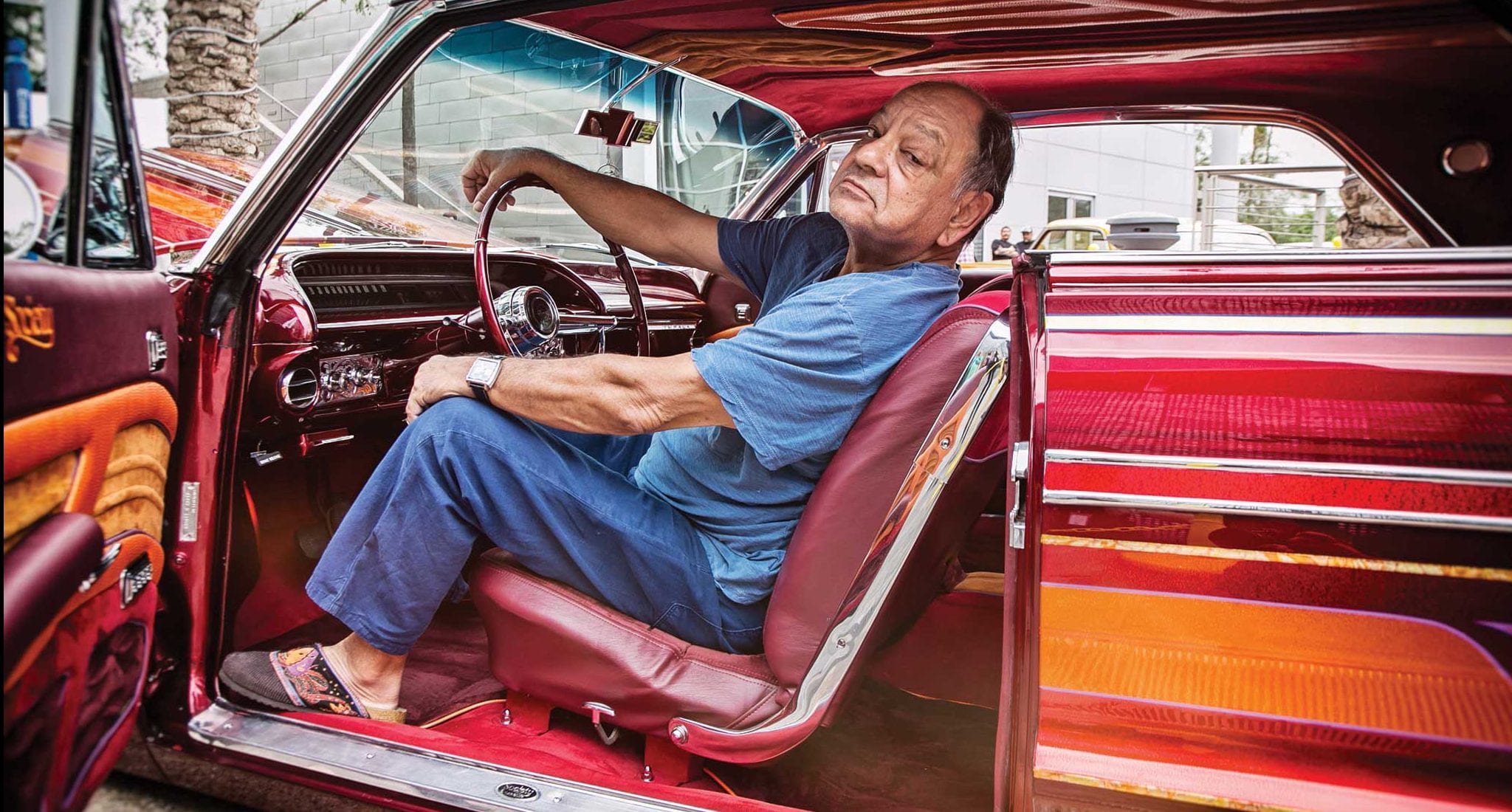You immediately associate Cheech Marin as half of the comedy duo Cheech & Chong, and you know him for his memorable roles in Up in Smoke, Born in East L.A., Desperado, The Lion King, and Jane the Virgin, to name a few. But did you know that Marin is also the owner of the most renowned collection of Chicano art in the world? Did you know that before he became a face of the recreational drug movement, he grew up the son of a LADP cop? The ever-evolving performer, actor, director, and art collector is also the author of several art books and children’s books, and now he has penned a long-awaited memoir, Cheech Is Not My Real Name…But Don’t Call Me Chong! In this new memoir, the counterculture legend writes candidly about coming-of-age as the wisecracking kid in 1960s Los Angeles. From hightailing it to Canada to resist the draft as a young man, to delving into the arts as a maker and patron, Marin shares from many surprising journeys along the way that lead to creating one of the most successful comedy acts of all time. Before Cheech visits ALOUD on March 28 to discuss his memoir and incredible career spanning over 45 years, we caught up with Marin about painting, writing, and his love for Los Angeles.

What are some of the things that you think readers of your memoir will be surprised to learn about you?
Marin: If someone knows me mostly as “Cheech,” they will undoubtedly be surprised with many of the stories I’m sharing through my memoir; for example, I was a professional potter, I lived in Canada for three years, I was an altar boy, and I have practiced transcendental meditation daily since I was 19.
Also, your collection of Chicano art is such an interesting thing to learn about—why is collecting art—preserving this facet of Chicano culture and history—important to you?
Marin: I believe that Chicanos are the best painters out there today. I love it because this school of painting offers the widest variety of styles and techniques. I’m passionate about it because Chicano art is American art. Chicano art has been largely kept out of American museums until recently. Chicano artists haven’t been given the shelf space in museums allotted to other American artists. That’s why I’ve worked so hard over the years to get Chicano art on view in the mainstream. My mantra has always been that you can’t love or hate Chicano art unless you see it. Once people see it, often they say something like: “I didn’t think it would look like this” and “I like this.”
From potting to standup, you have expressed yourself through many art forms and now you’ve published your first memoir. Why did you decide to turn to writing to tell your personal story?
Marin: I’ve always been a writer… it’s been part of what I’ve done throughout my career, from writing dialogue to drafting performances to penning my thoughts about art in exhibition catalogs.
You will be taking part in the Library Foundation’s ALOUD series this spring, and you’ve participated in several other Library Foundation programs like when you interviewed Carlos Santana at ALOUD in 2014. Why is supporting the Library important to you?
Marin: The Los Angeles Public Library is where I spent hours and hours teaching myself about art after school.
Finally, since Marin is a lifelong Angeleno, we asked him for his top five L.A. cultural hot spots and these are his picks:
1. LACMA—“The museum is coordinating the retrospective on Carlos Almaraz for the Getty’s upcoming Pacific Standard Time series of exhibitions.
2. Roy Choi’s restaurants—“Because his cuisine reflects the diversity and integration of cultures that exist side by side harmoniously in Los Angeles from Koreatown to Chinatown, Venice and beyond.”
3. Malibu—“One of the most beautiful beaches in the world.”
4. Downtown Los Angeles—“Currently the center of L.A.’s cultural diverse scene, including Disney Hall and I love this painting of it by Roberto Gutiérrez, one of the painters in my Chicano art collection.”
5. Little Tokyo and Olvera Street—“My father was a police officer and these neighborhoods were part of his beat.”
Learn more about this upcoming program and get tickets at lfla.org/aloud.
Tuesday, March 28, 7:30 PM
The Aratani Theatre
An Evening with Cheech Marin
Cheech is Not My Real Name…But Don’t Call Me Chong
In conversation with “La Marisoul” Hernandez
Co-presented with the Japanese American Cultural & Community Center

